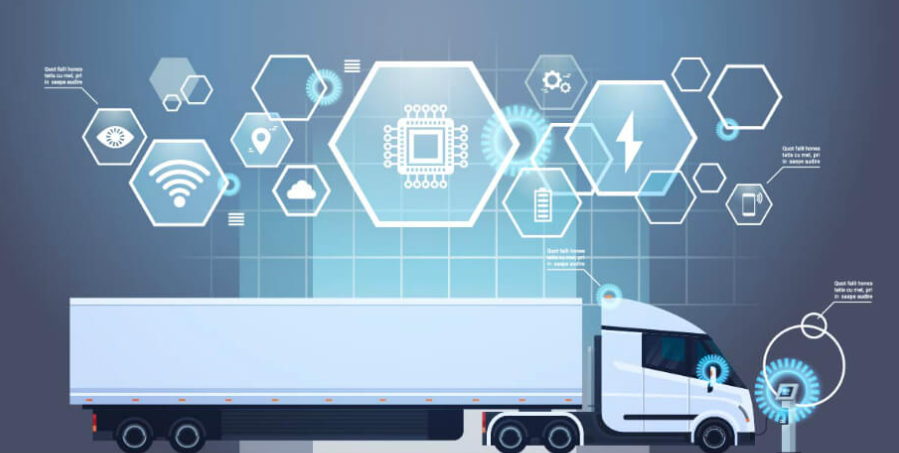The Digital Dispatcher: Efficient Scheduling and Communication
The Digital Dispatcher: Efficient Scheduling and Communication
In the fast-paced world of trucking, the role of a dispatcher is paramount. Juggling routes, drivers, and ever-changing schedules can be a challenge, but with the advent of new technology, the game is changing for the better.
1. Real-time Route Optimization
Modern Transportation Management Systems (TMS) offer real-time route optimization. By considering factors like traffic, weather, and road conditions, these systems suggest the best routes, saving time and fuel.
2. Seamless Driver-Dispatcher Communication
Gone are the days of incessant phone calls and radio chats. Apps now allow dispatchers to communicate with drivers instantly, sharing updates, and receiving feedback without delay.
3. Automated Documentation
Paper logs are becoming a relic. Digital platforms can auto-generate essential paperwork, from bills of lading to proof of delivery, streamlining the administrative process.
4. Predictive Analysis
By analyzing historical data, modern software can predict potential challenges, from vehicle breakdowns to delivery delays, allowing dispatchers to be proactive rather than reactive.
5. Training and Support
Digital doesn't mean impersonal. Online resources and training modules help dispatchers harness technology effectively, ensuring they're never left in the dark.
Closing Thoughts
Embracing technology doesn't diminish the role of the dispatcher; it enhances it. By streamlining processes and boosting efficiency, digital tools empower dispatchers to do their jobs more effectively, ensuring that the wheels of the trucking industry keep turning smoothly.


